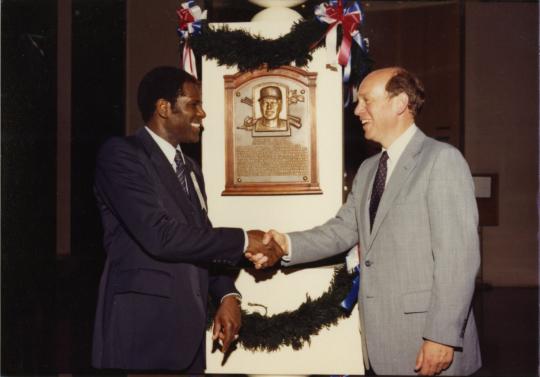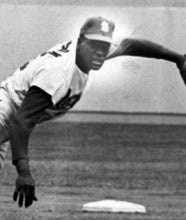- Home
- Our Stories
- Hall call puts exclamation point on Gibson’s career
Hall call puts exclamation point on Gibson’s career
In the second year of the 1980s, the heroes of the 1960s were becoming the Hall of Famers of the new decade.
Bob Gibson became the first pitcher of that generation when he was elected to the Hall of Fame on Jan. 15, 1981.
Gibson earned election in his first year on the Baseball Writers’ Association of America ballot, appearing on 84 percent of all ballots cast. He was the lone BBWAA electee that year, but was later joined in the Class of 1981 by Veterans Committee electees Rube Foster and Johnny Mize.
Gibson became just the 11th first-ballot BBWAA electee (not counting the inaugural class of 1936), adding to a group that included Bob Feller, Jackie Robinson, Ted Williams, Stan Musial, Sandy Koufax, Warren Spahn, Mickey Mantle, Ernie Banks, Willie Mays and Al Kaline.
“(News of his first-ballot election) didn’t affect me until I saw the guys who made it in their first year,” Gibson told the Associated Press following the election announcement. “That’s some pretty fast company.”
Gibson’s election capped a career that saw him evolve into one of the game’s most dominant pitchers.
A premium athlete who once played basketball for the Harlem Globetrotters, Gibson – born Nov. 9, 1935, in Omaha, Neb. – attended Creighton University before signing with the St. Louis Cardinals in 1957.
His blistering fastball brought him to the big leagues in 1959, and by 1961 he had established himself as a consistent starter.
For the next 12 seasons, Gibson dominated like few ever have.
He posted five 20-win seasons (and two more with 19 wins), was named to seven All-Star Games and won the National League Cy Young Award in both 1968 – when he was also named NL Most Valuable Player – and 1970.
In the World Series, he was even better. Gibson won two games and the World Series MVP Award in 1964, authoring a complete game victory in Game 7 against the Yankees on just two days’ rest.
“I had a commitment to his heart,” said Cardinals manager Johnny Keane when asked why he left a tiring Gibson in the game after allowing two home runs in the ninth inning.
In 1967, Gibson – who missed a month-and-a-half during the season with a broken leg – pitched three complete games in the World Series against Boston, winning MVP honors again in another Cardinals’ seven-game victory.
Then in 1968 – coming off a season where he went 22-9 with a 1.12 earned-run average – Gibson struck out a record 17 Tigers batters in Game 1 of the World Series and won Game 4 as well, only to lose Game 7 on a misplayed fly ball.
“I was good. That was the attitude I had,” Gibson told AP. “All of the writers thought I was tough, and so did the players. Well, that’s the way I was. I grew up fighting a lot of things.”
Gibson finished his career with a record of 251-174, posting an ERA of 2.91 and striking out 3,117 batters – becoming the second pitcher, following Walter Johnson, to reach the 3,000-strikeout mark.
Craig Muder is the director of communications for the National Baseball Hall of Fame and Museum
Related Stories
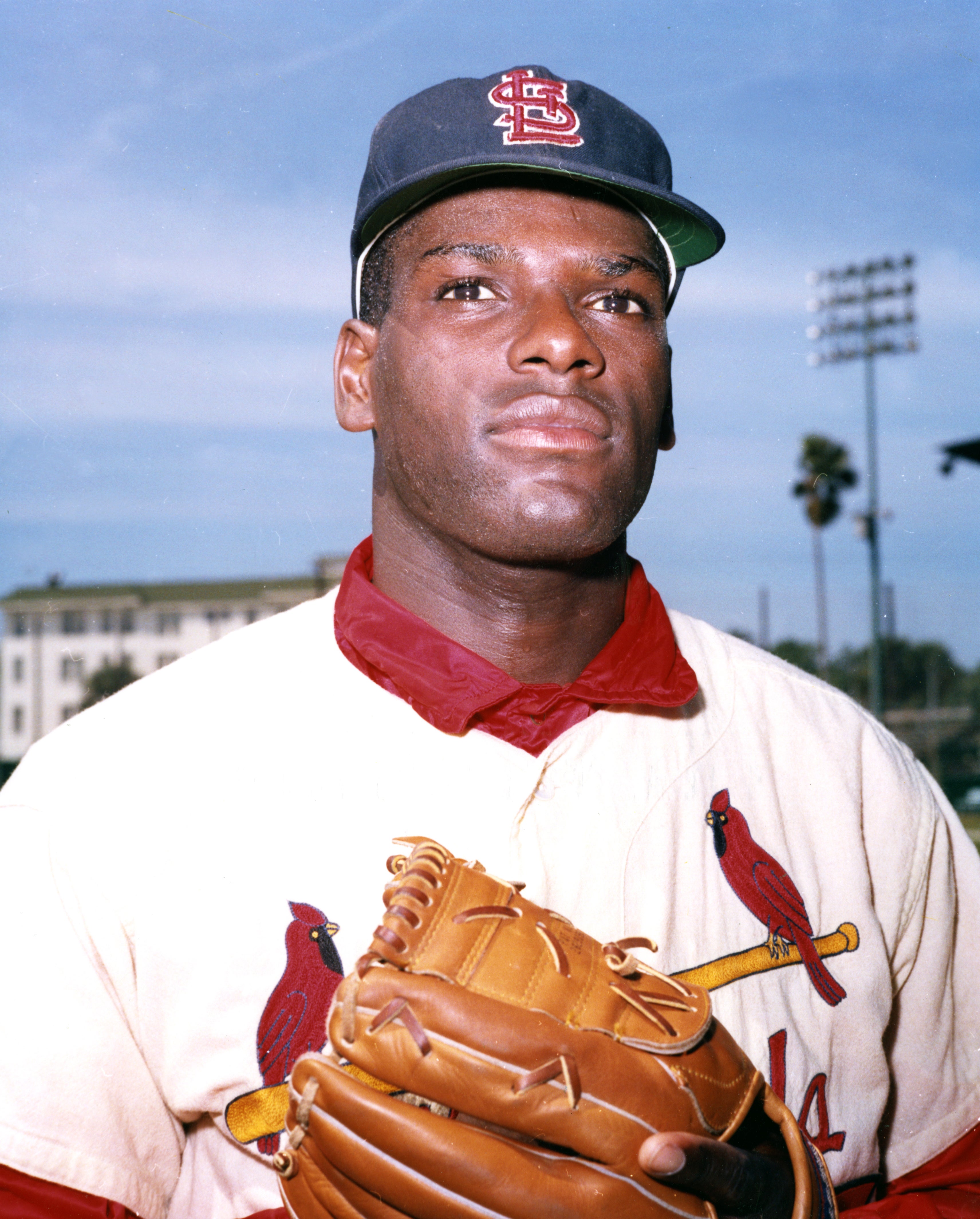
Bob Gibson wills Cardinals to Game 7 victory in 1964 World Series
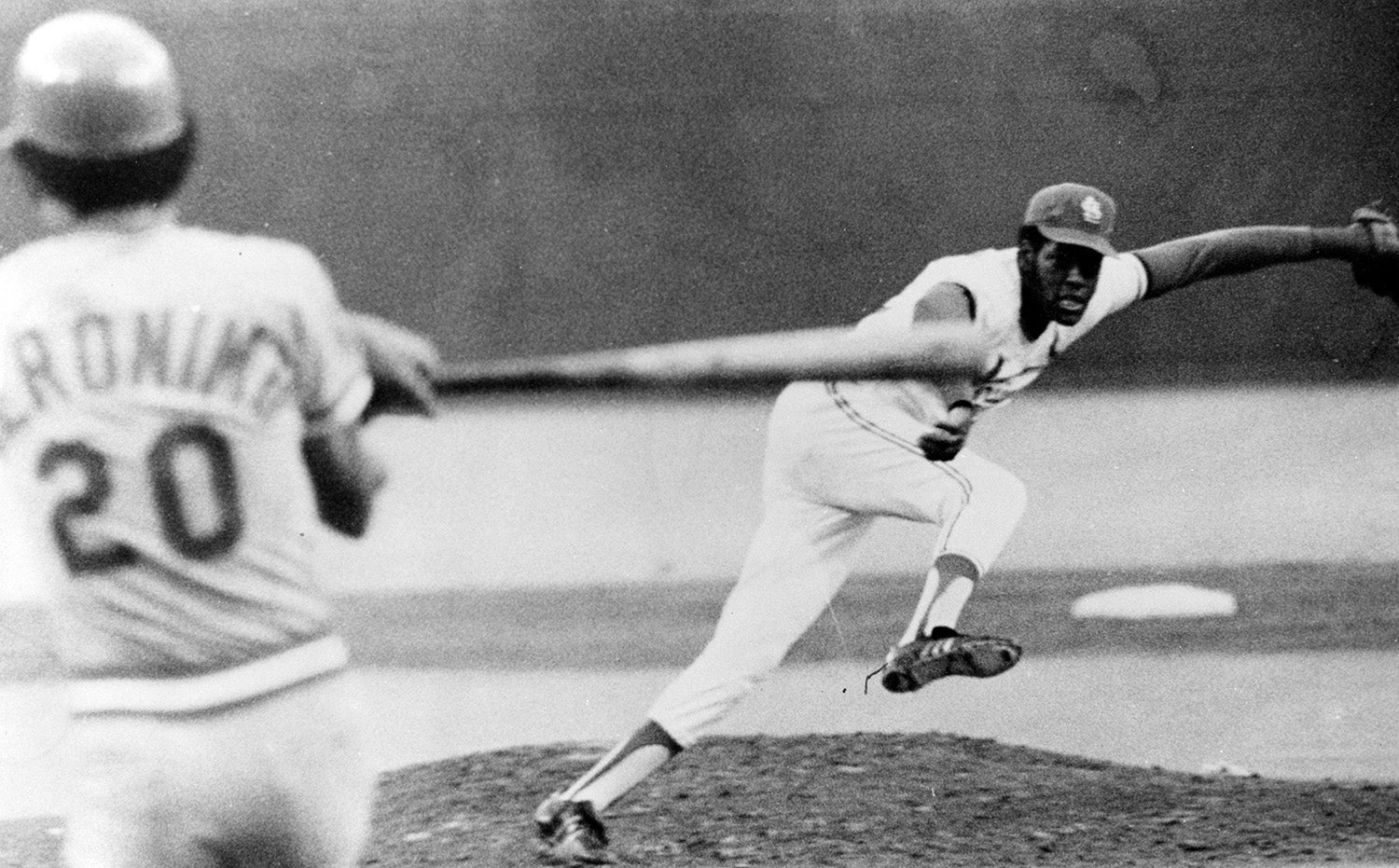
Bob Gibson becomes the second pitcher to record 3,000 strikeouts
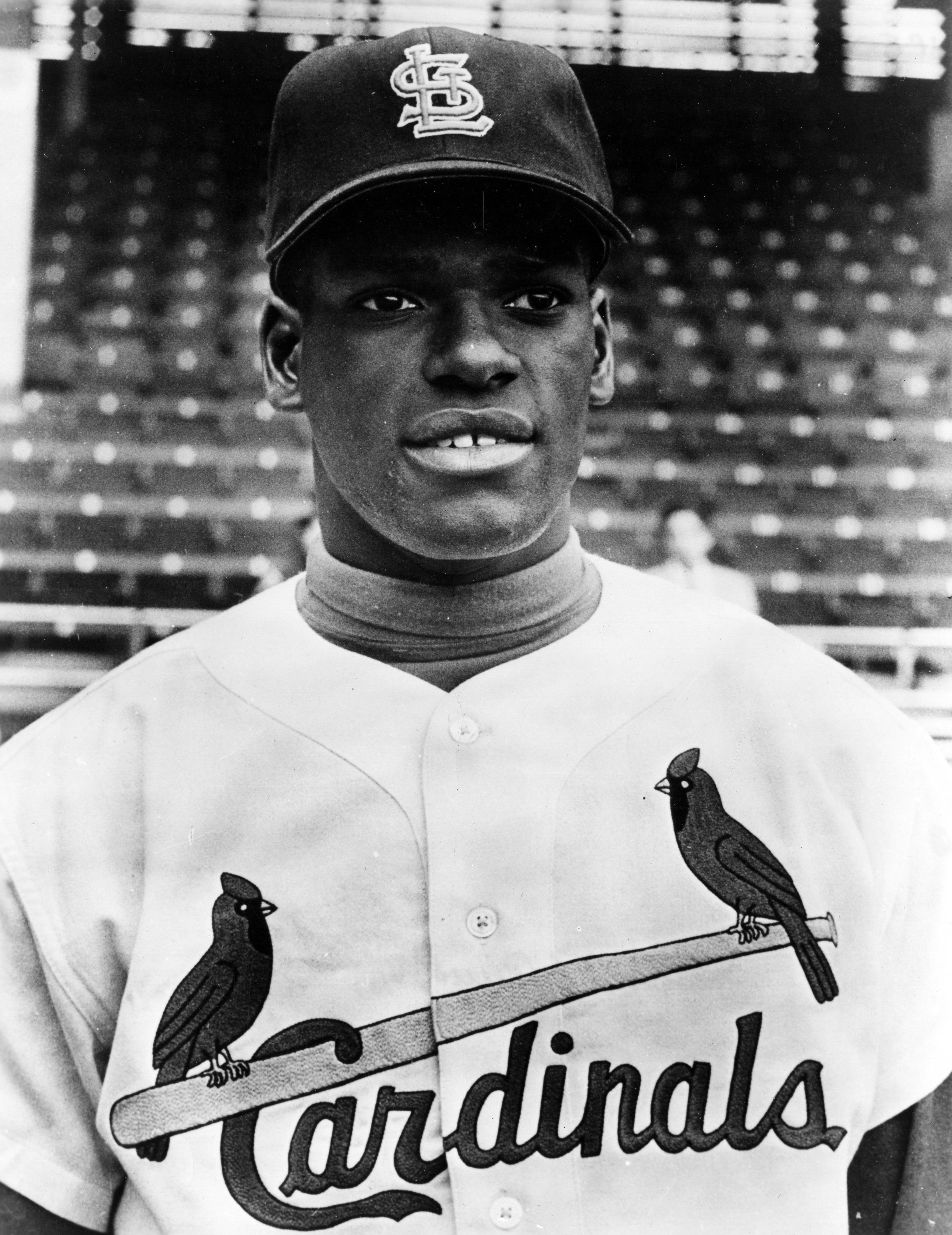
Bob Gibson fans 17 Tigers in Game 1 of 1968 World Series
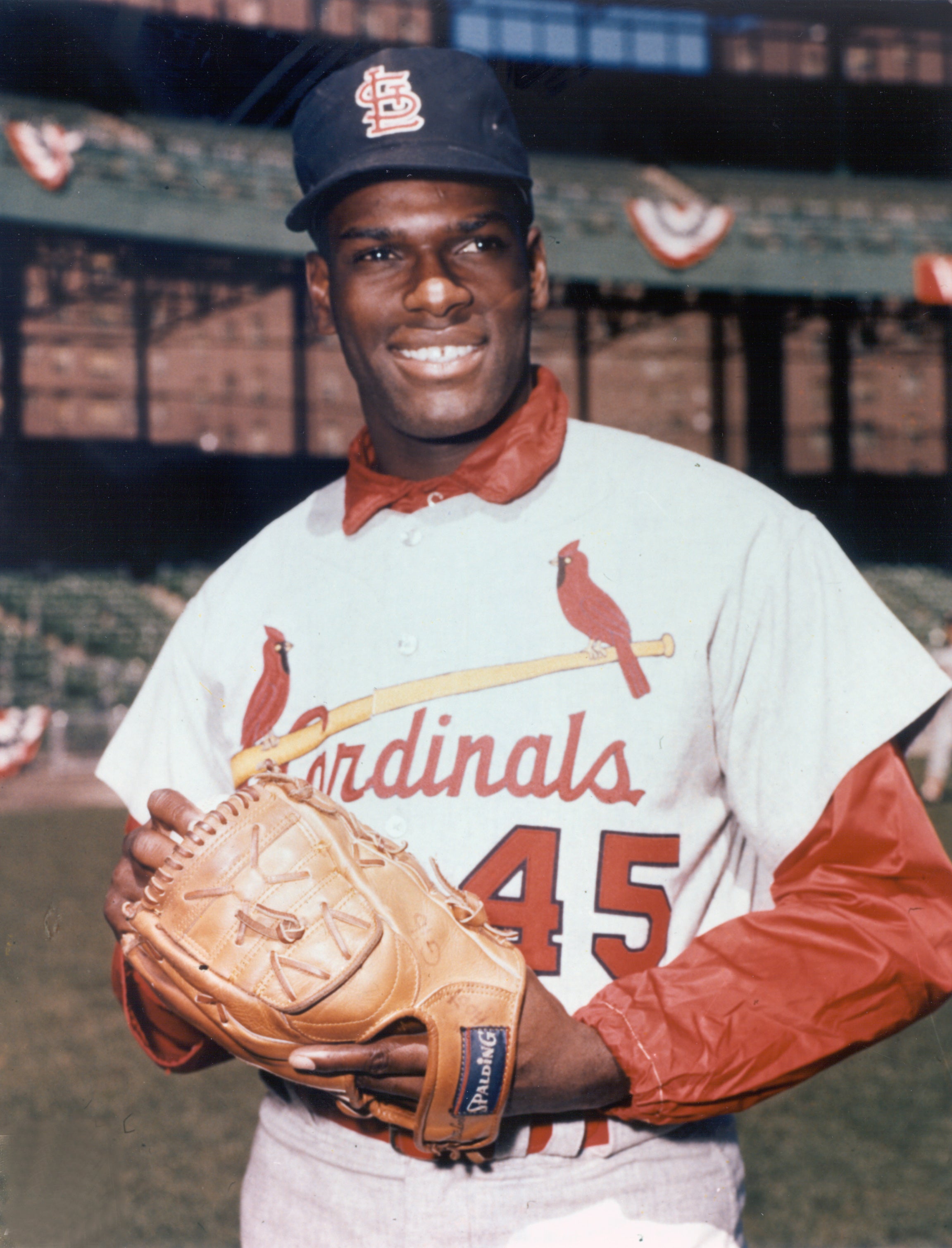
Gibson completes fantastic 1968 season with NL MVP honors
Related Stories

Bob Gibson wills Cardinals to Game 7 victory in 1964 World Series

Bob Gibson becomes the second pitcher to record 3,000 strikeouts

Bob Gibson fans 17 Tigers in Game 1 of 1968 World Series


